-
Rooted in industrial chic and timeless leathercraft, this stool channels the en...
-
Inspired by the timeless elegance of mid-century modern design, this chair pays...
-
Stripped of all excess, this chair embraces essential form with intentional des...
-
Step into the world of classic design, a remarkable fusion of style and comfort...
-
Find out this versatile icon of design chair that effortlessly blends into any ...
-
Discover this metal chair, a symbol of modern craftsmanship that combines simpl...
-
The chair's design is characterized by its simplicity and functionality. The ar...
-
The Minimalist Black Design Chairs is an iconic piece of furniture that has lef...
-
Bring a touch of rustic industrial charm to any setting with our Industrial Woo...
-
The Backless Black Metal Stools feature a distinctively simple yet elegant stru...
-
The timeless elegance of our Classic Black Metal Design Chairs—where sleek soph...
-
The stool's minimalist design is accentuated by its clean lines and geometric s...
Round dining table vs rectangular
Deciding on a new dining table can be a significant investment, and one of the first choices you'll face is the shape. The debate between a round dining table vs a rectangular one is a classic for a reason. Both shapes offer unique advantages and disadvantages, and the best choice depends on your specific needs, space, and lifestyle.
Why Choose a Round Dining Table?
A circular dining table is often lauded for its ability to foster conversation. Without corners, everyone is equally visible and can participate in a single group discussion more easily. This makes for a more intimate and inclusive dining experience. A pedestal dining table, a common style for round tables, eliminates the issue of table legs getting in the way of chairs or people's knees, allowing for more flexible seating.
Round tables are also excellent for smaller or awkward-shaped rooms. They break up the straight lines of a room and can make a tight space feel more open and less crowded. A round kitchen table is a great solution for eat-in kitchens or breakfast nooks where space is at a premium. They are also generally safer in homes with small children, as there are no sharp corners to worry about.
Potential downsides: While great for small gatherings, a round table can be less efficient for seating a large number of guests. It's difficult to fit more than 6-8 people comfortably, as the center of the table becomes too wide to reach dishes.
Why Choose a Rectangular Dining Table?
A rectangular dining table is the most traditional and popular choice for a reason. It's incredibly versatile and efficient, making it the top choice for many homes. The long, straight edges make it easy to seat a large number of people, whether it's for a holiday feast or a regular family dinner. It's also the perfect shape for long, narrow dining rooms, as it complements the room's proportions and utilizes the space effectively.
Rectangular tables offer more surface area, which is ideal for big meals, craft projects, or homework sessions. If you have a large collection of serving dishes, a rectangular table provides ample space to display them without feeling cluttered. Many rectangular tables also come with extension leaves, allowing you to easily expand the seating capacity when you have guests over.
Potential downsides: The corners of a rectangular table can sometimes feel isolating, as guests at opposite ends of the table may find it harder to engage in a single conversation. In smaller rooms, they can feel bulky and block traffic flow.
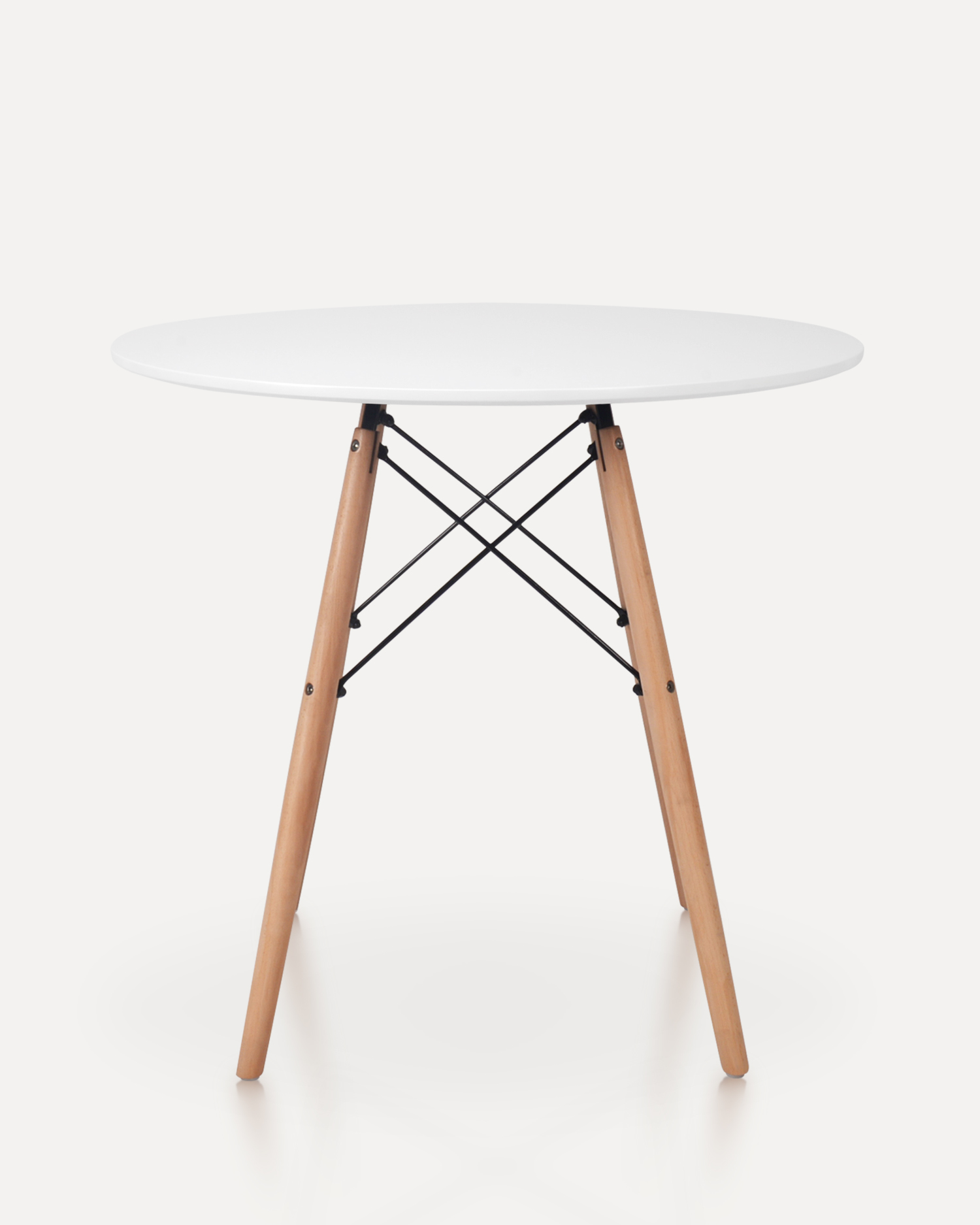
The Verdict: How to Choose
To make the best decision for your home, consider these key questions:
-
How big is your space? Measure your dining area and allow for at least 3 feet of clearance around the table for chairs and walkways. If your room is long and narrow, a rectangular table is likely the better fit. If the space is more square or limited, a round dining table will probably feel more comfortable.
-
How many people do you typically host? If you regularly host large dinner parties, a rectangular table with a leaf is the clear winner. If you mostly have small, intimate gatherings, a circular dining table might be the more appealing option.
-
What's your aesthetic? A round table can create a softer, more modern or casual look, while a rectangular table often feels more classic and formal.
Ultimately, the best table shape is the one that fits your lifestyle, your home, and your personal sense of style.

 English
English Français
Français Español
Español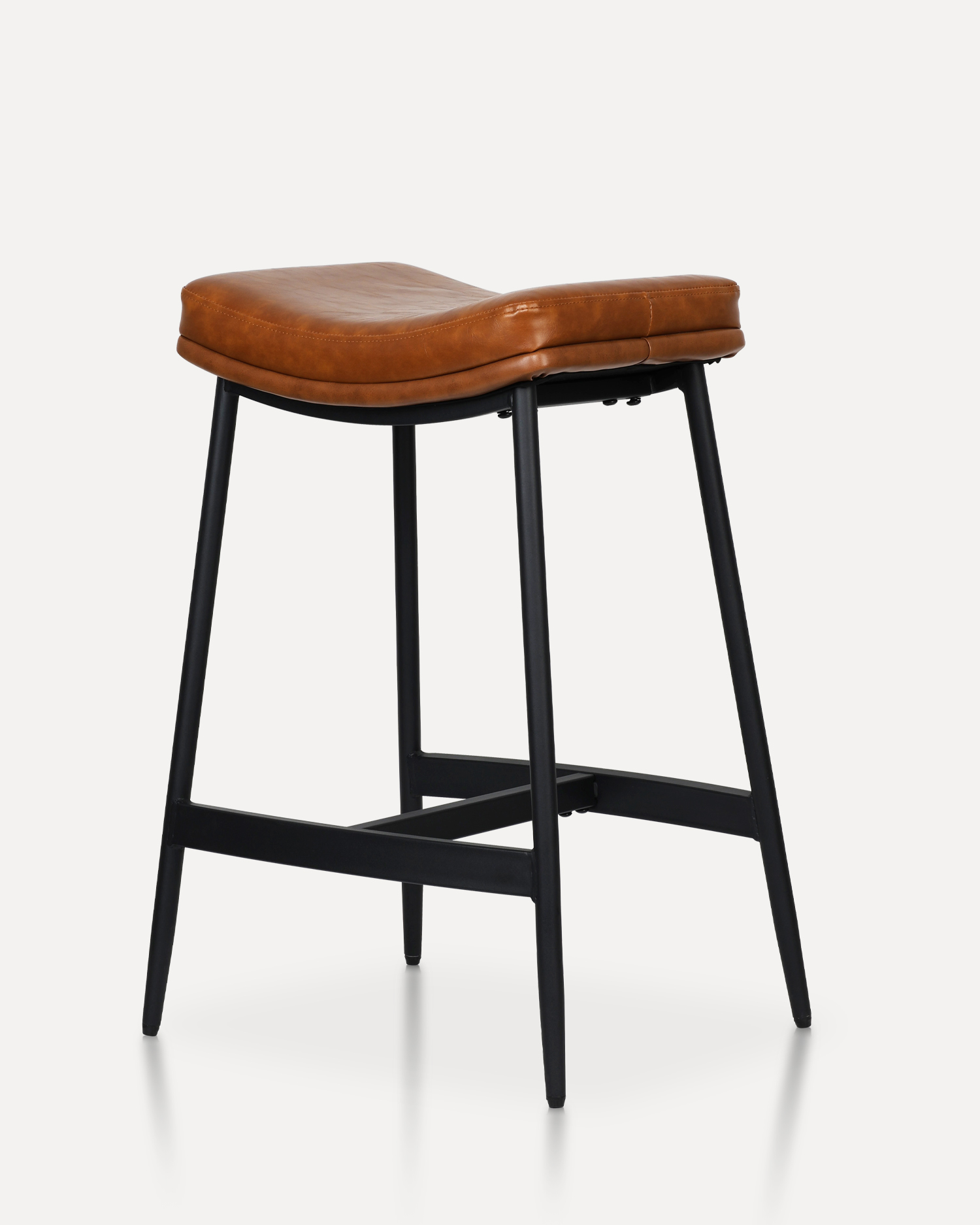
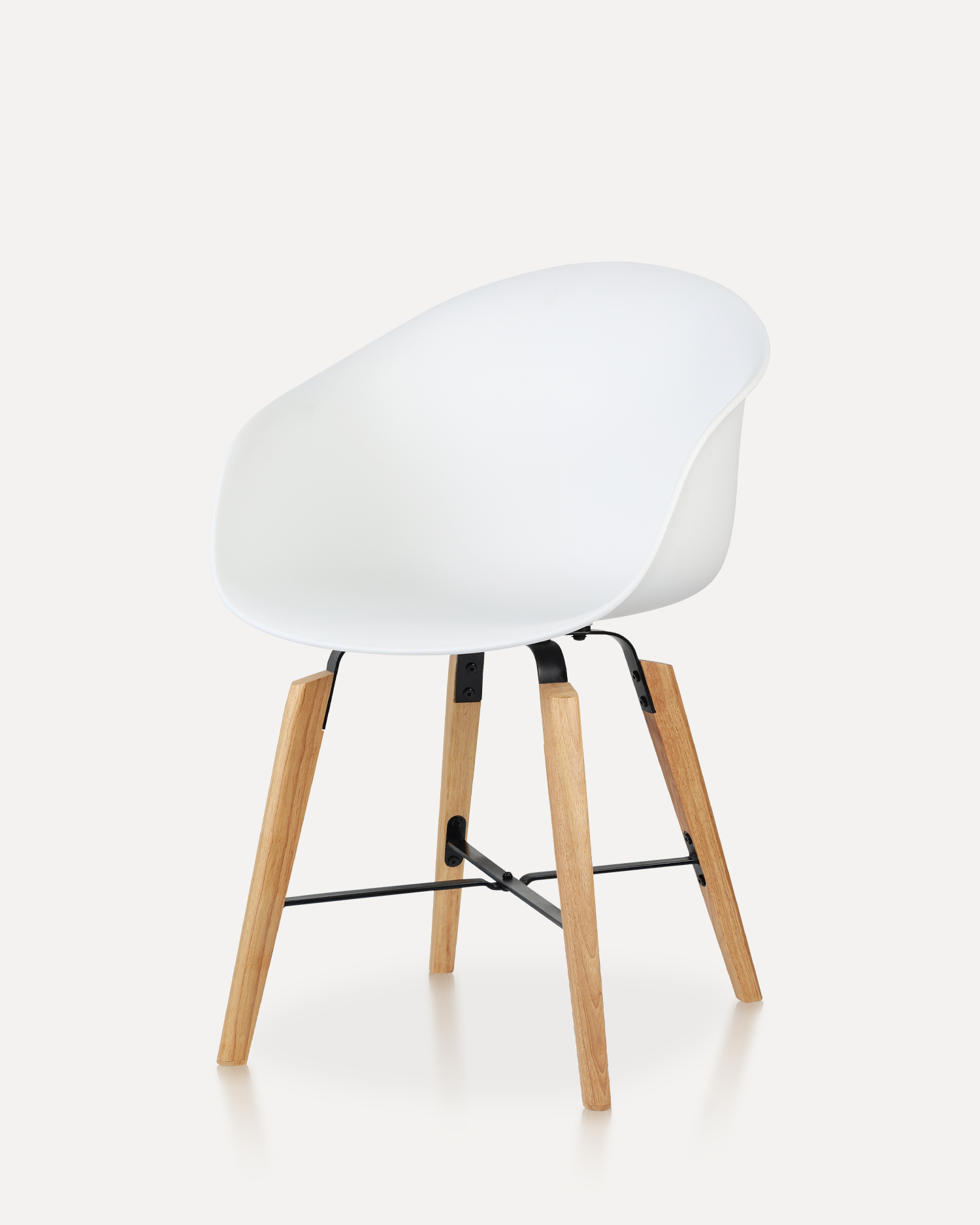
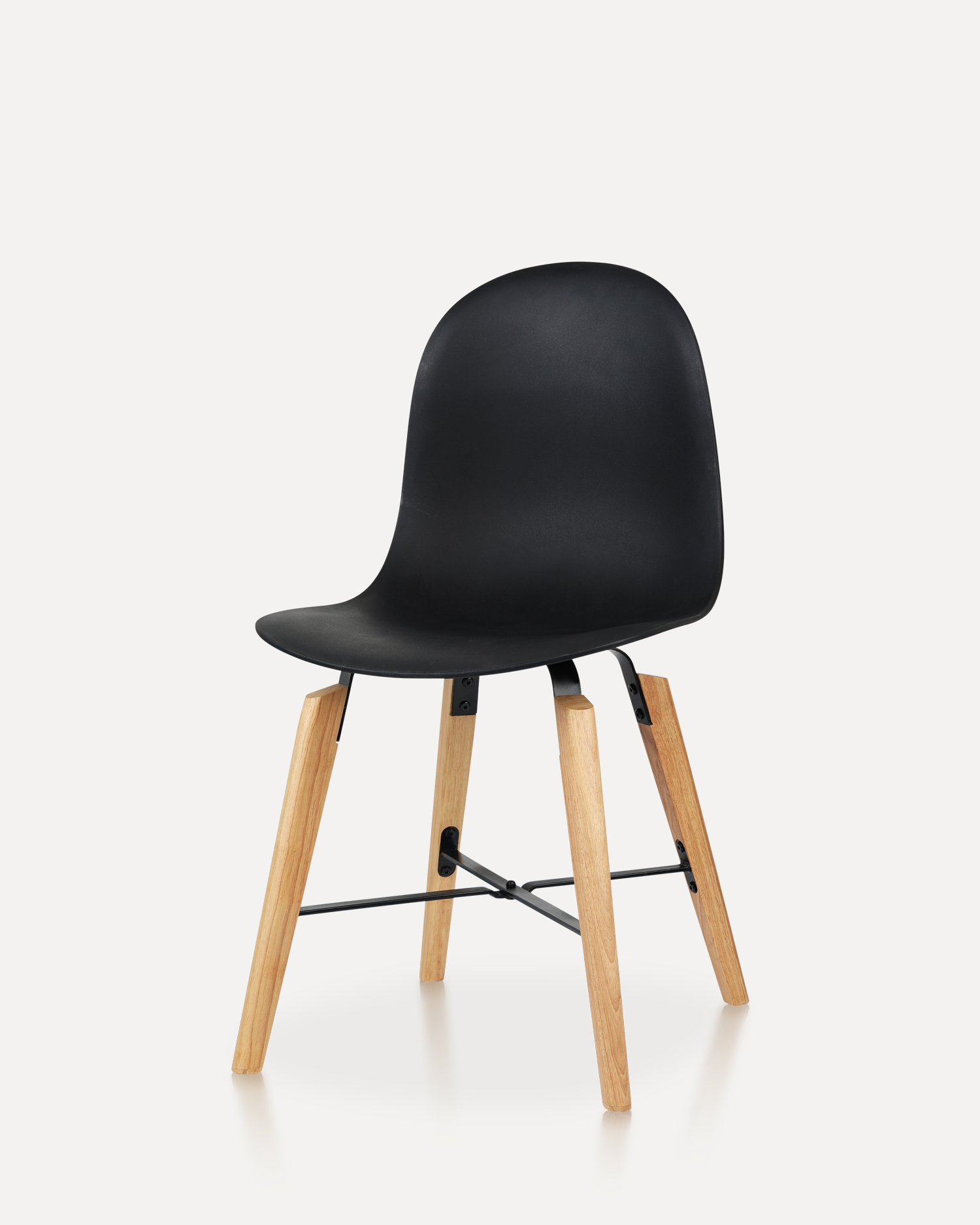
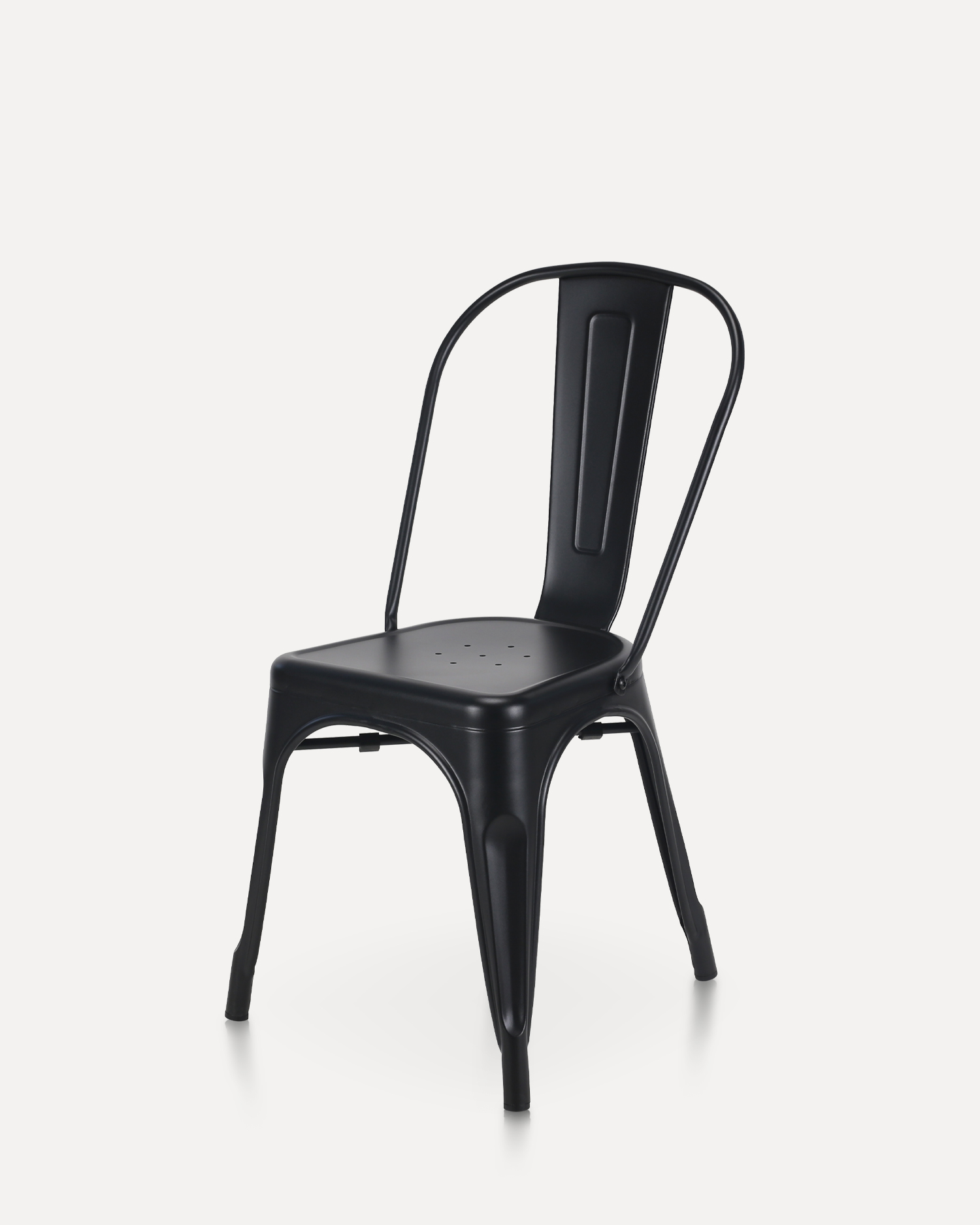
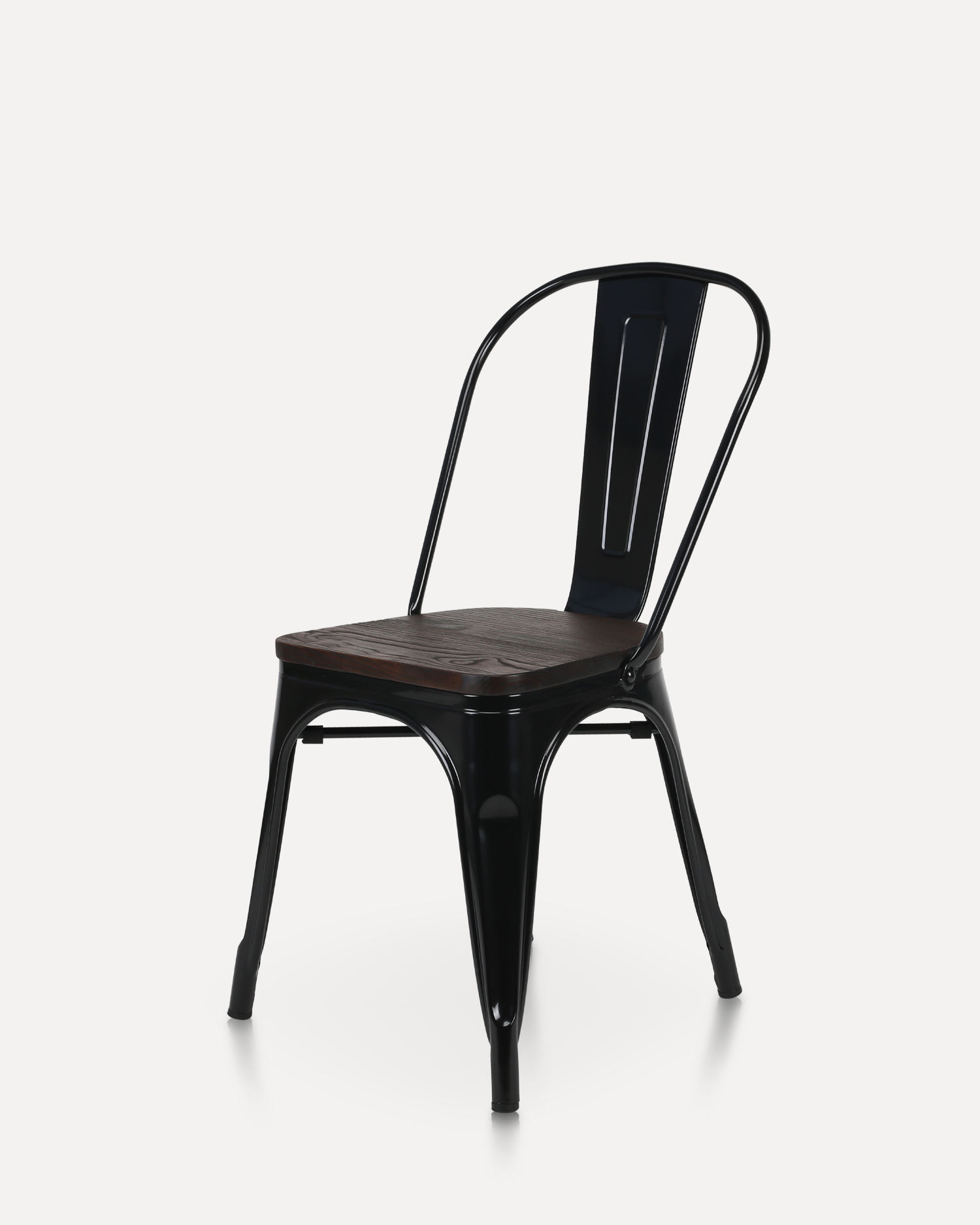
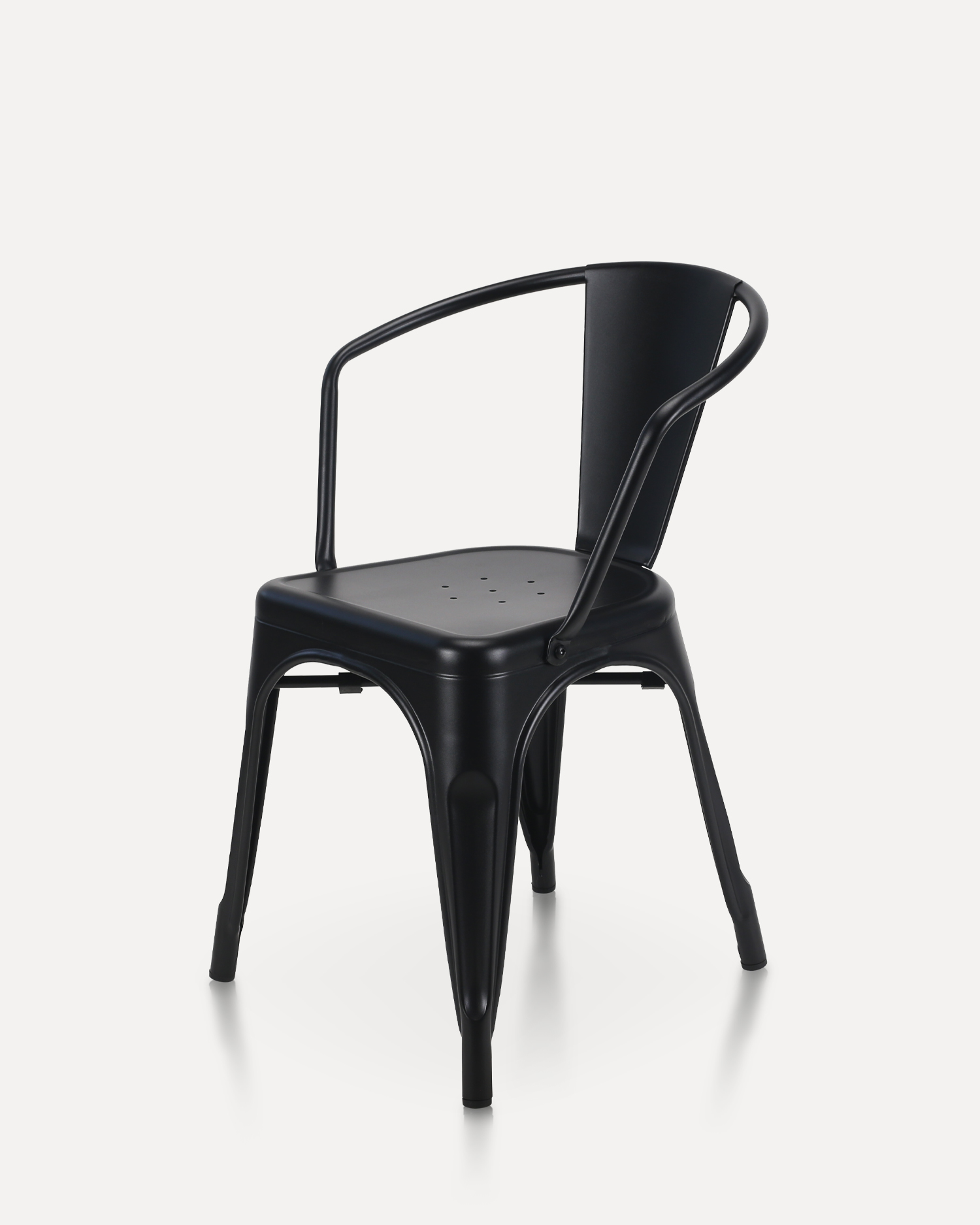
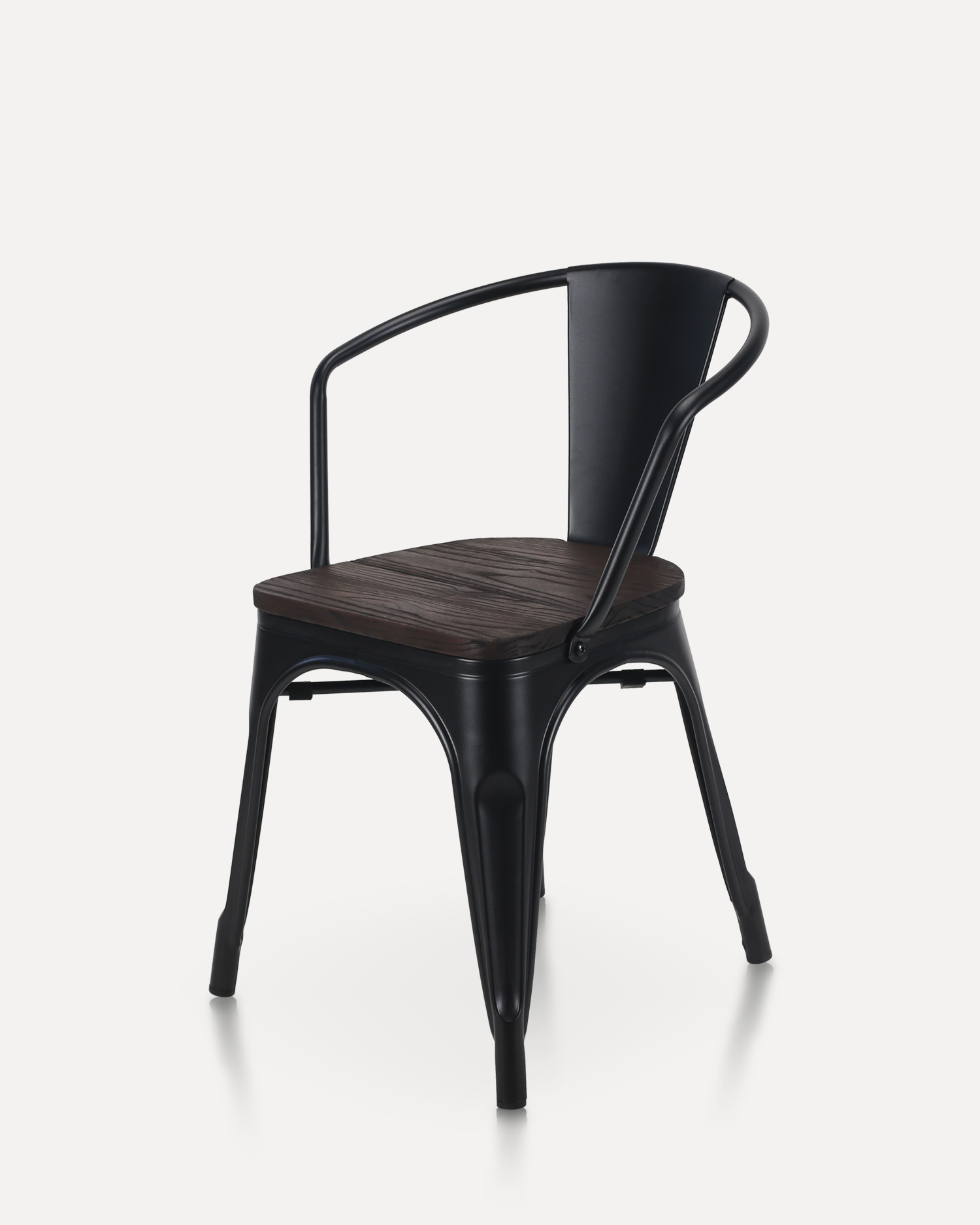
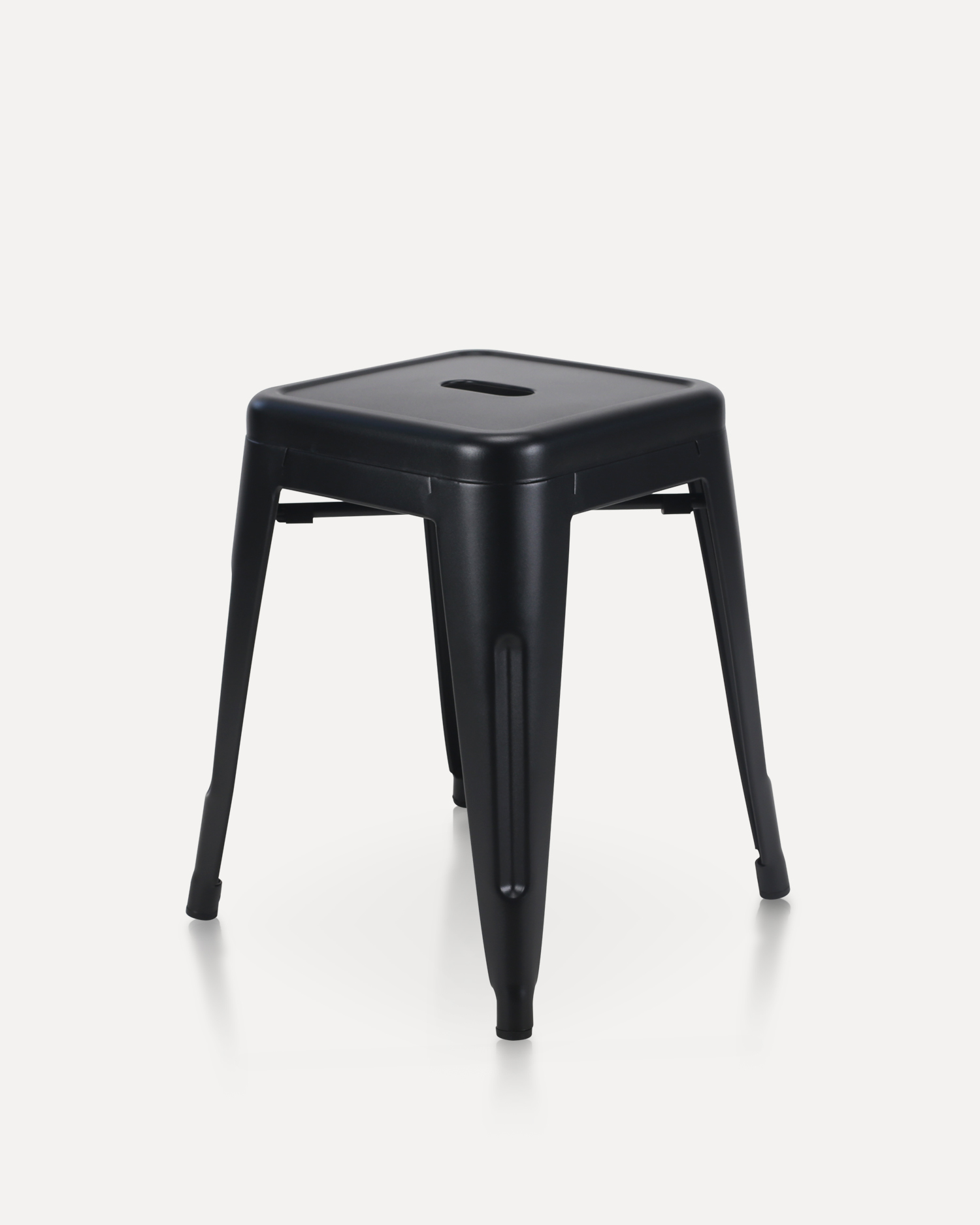
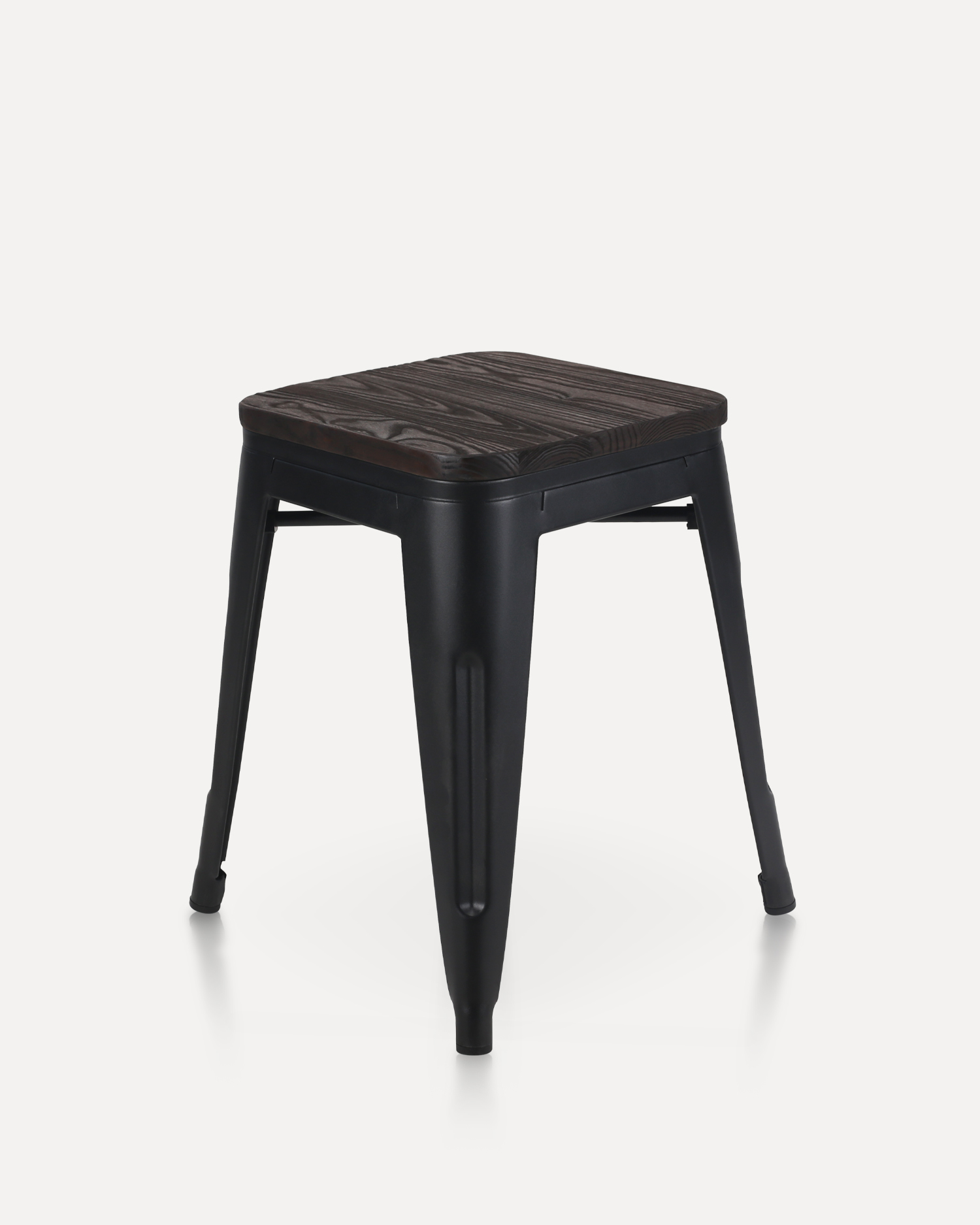
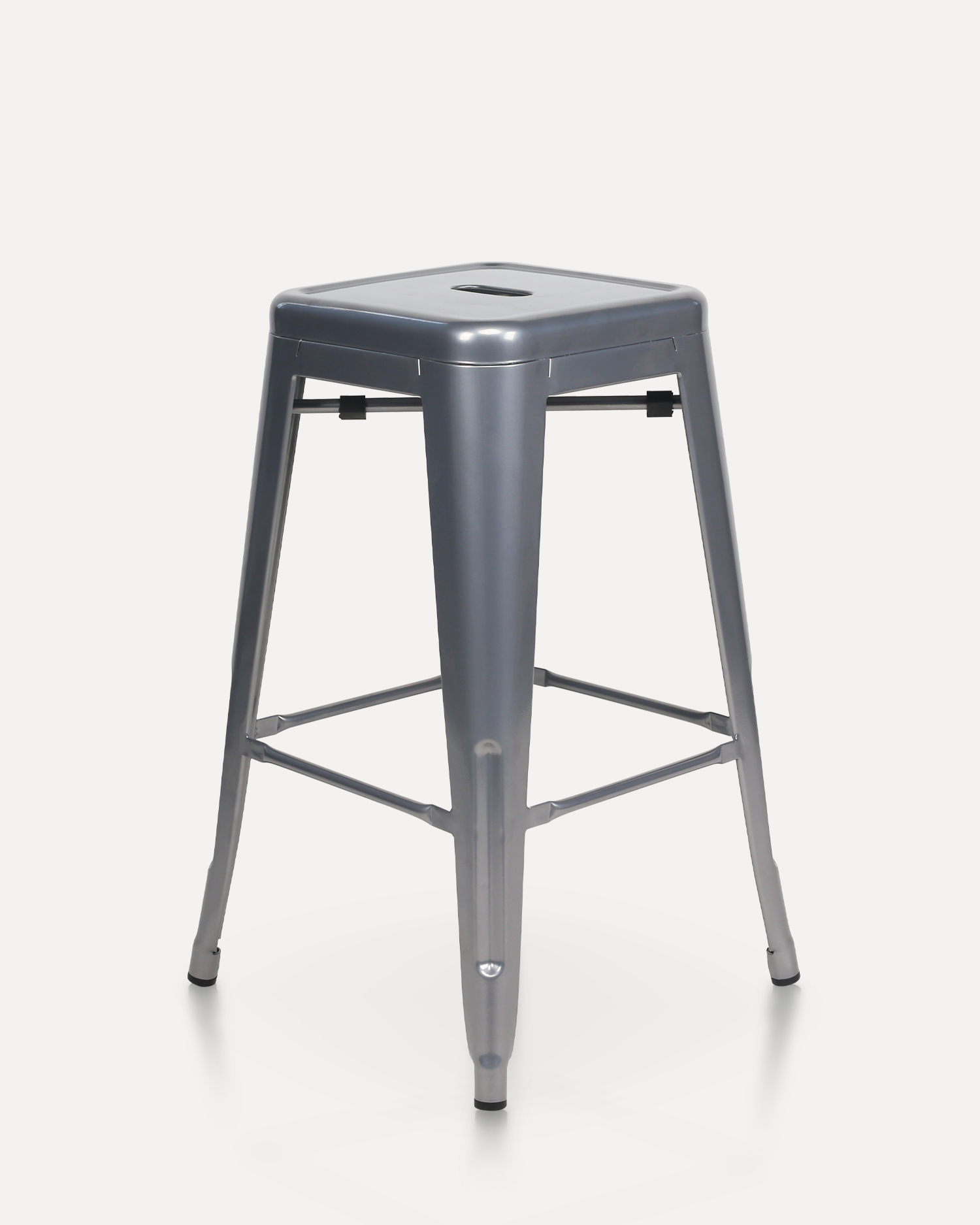
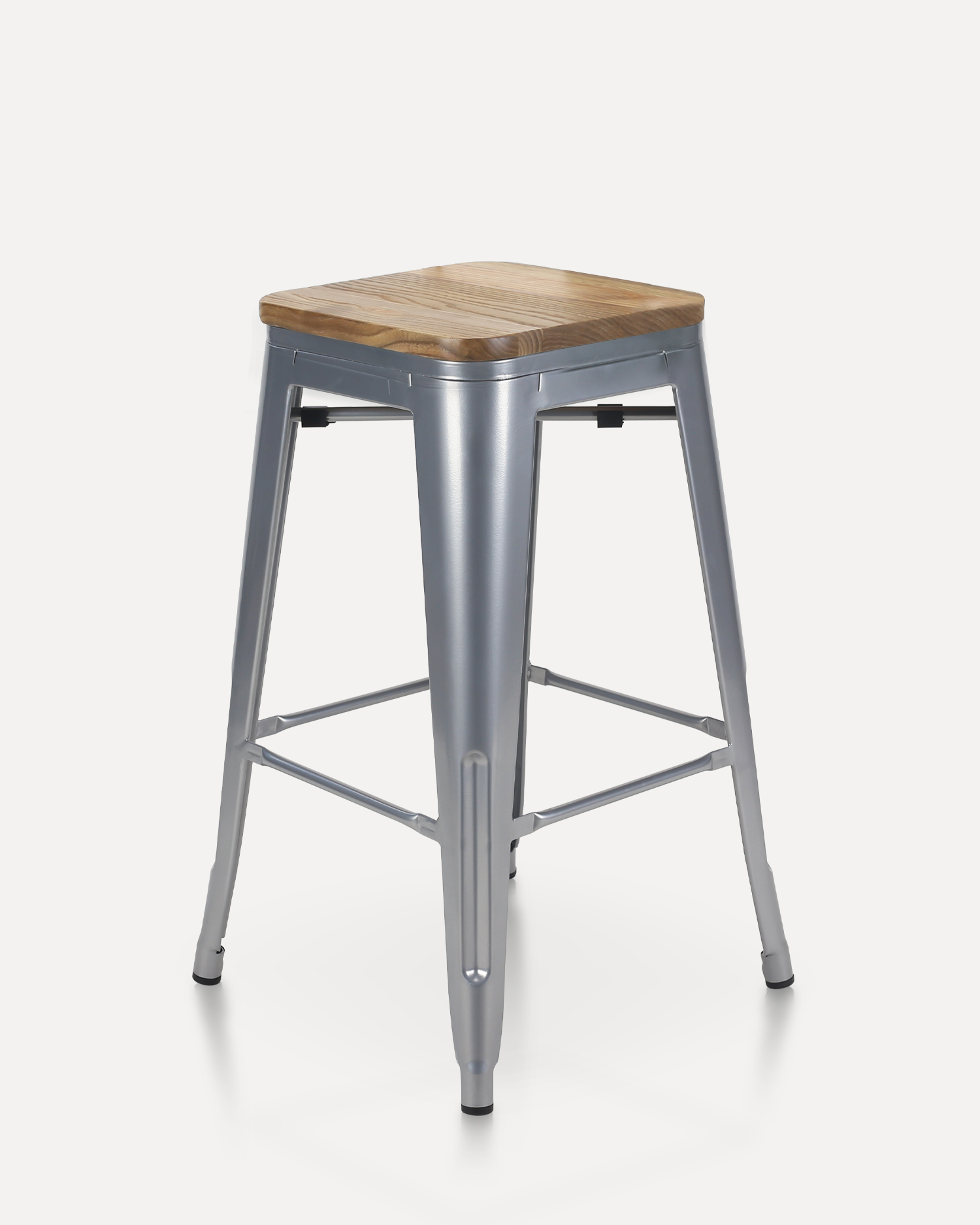
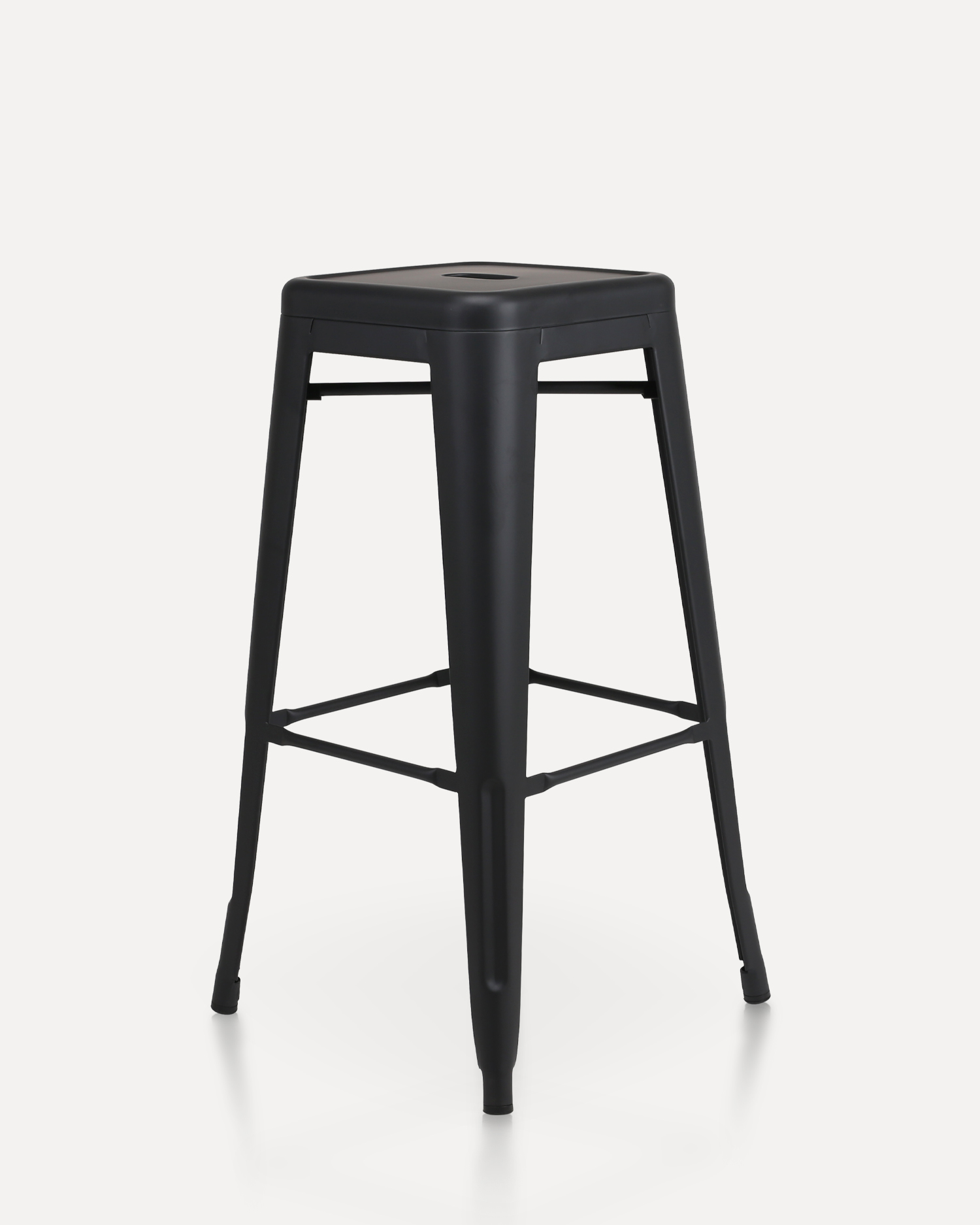





 Instagram
Instagram
 Facebook
Facebook
 Linkedin
Linkedin